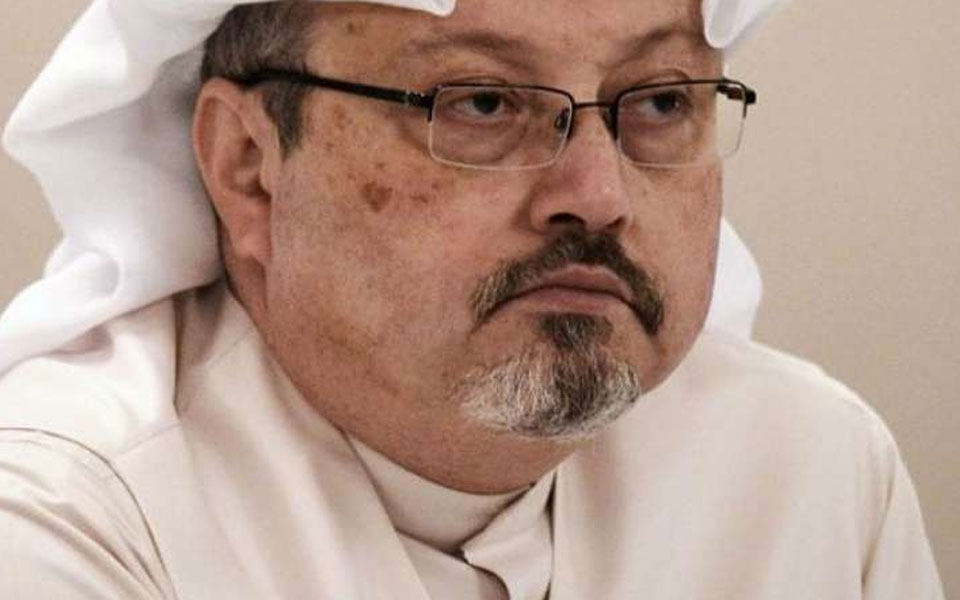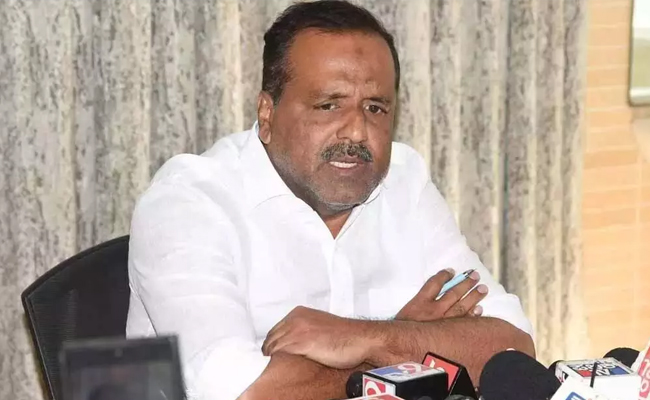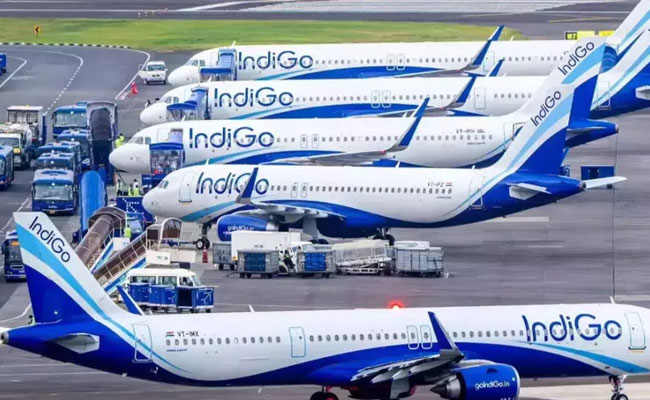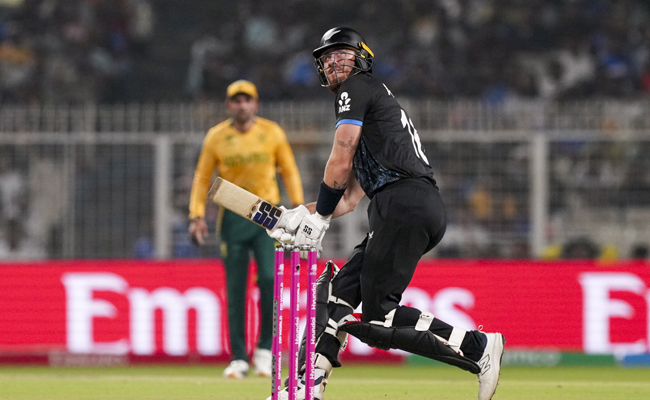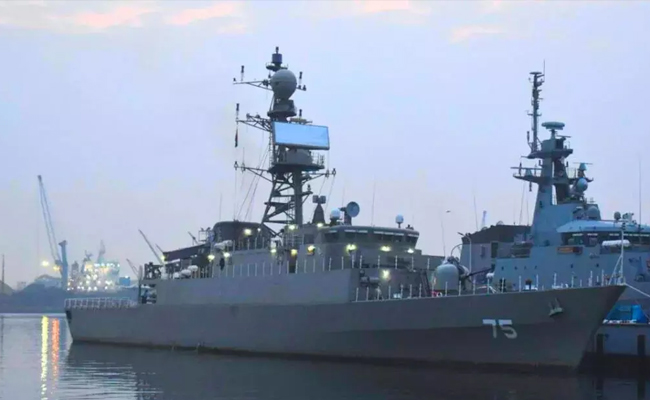Riyadh, Oct 21: Saudi Arabia has admitted that critic Jamal Khashoggi was killed inside its Istanbul consulate, as world powers demanded answers and mystery surrounded the whereabouts of his body.
Ankara vowed to reveal all the details of a two-week inquiry as US President Donald Trump said he was unsatisfied with Saudi Arabia's response to the Washington Post columnist's death and the EU, Germany, France, Britain and the UN also demanded clarity.
Before dawn on Saturday, Riyadh backtracked on a fortnight of denials by announcing that Khashoggi died during a "brawl" inside the consulate on October 2.
It said 18 Saudis have been arrested in connection with his death and two top aides of Crown Prince Mohammed bin Salman, as well as three other intelligence agents, have been sacked.
Saudi Arabia has plunged into an international crisis over the fate of Khashoggi, who was critical of the crown prince.
Turkish officials have accused Riyadh of carrying out a state-sponsored killing and dismembering the body, which police have begun hunting for in an Istanbul forest.
In the latest version of events from Riyadh, Saudi Attorney General Sheikh Saud al-Mojeb said Khashoggi died after talks at the consulate degenerated into a physical altercation.
"Discussions that took place between him and the persons who met him... at the Saudi consulate in Istanbul led to a brawl and a fistfight with the citizen, Jamal Khashoggi, which led to his death, may his soul rest in peace," the attorney general said in a statement.
Trump said he found the explanation credible. The US president later said he was unsatisfied with the response, although he warned against scrapping a multibillion-dollar arms deal with the conservative kingdom.
"It was a big first step. It was a good first step," Trump said of the sackings.
"But I want to get to the answer."
The Saudi king also ordered the establishment of a ministerial body under the chairmanship of the crown prince to restructure the kingdom's intelligence agency and "define its powers precisely," Saudi state media said.
Key members of the crown prince's inner circle were sacked, including deputy intelligence chief Ahmad al-Assiri and royal court media adviser Saud al-Qahtani.
Saudi Arabia's Gulf ally, the United Arab Emirates, welcomed the moves by the king, as did Egypt.
But Khashoggi's Turkish fiancee Hatice Cengiz tweeted that her heart was "full of sorrow" over the confirmation of his death.
The controversy has put the kingdom -- for decades a key ally in Western efforts to contain Iran -- under unprecedented pressure.
It has evolved into a major crisis for Prince Mohammed, a Trump administration favourite widely known as MBS, whose image as a modernising Arab reformer has been gravely undermined.
Ankara said it had a "debt of honour" to reveal what happened.
"We are not accusing anyone in advance but we don't accept anything to remain covered (up)," said ruling Justice and Development Party spokesman Omer Celik.
German Chancellor Angela Merkel urged "transparency from Saudi Arabia" and said that "available reports on what happened in the Istanbul consulate are insufficient." French Foreign Minister Jean-Yves Le Drian said many questions remained "unanswered" and insisted "they require exhaustive and diligent investigation."
The EU's top diplomat Federica Mogherini called for a "continued thorough, credible and transparent investigation, shedding proper clarity on the circumstances of the killing and ensuring full accountability of all those responsible for it." UN chief Antonio Guterres stressed "the need for a prompt, thorough and transparent investigation," and "full accountability for those responsible."
Britain's Foreign Office, which also has close ties to Riyadh, said it "was a terrible act and those responsible must be held to account."
Saudi officials have roundly denied that King Salman's son, Prince Mohammed, had any involvement.
But one suspect identified by Turkey was said to be a frequent companion of the young heir to the throne, three others were linked to his security detail and a fifth is a high-level forensic specialist, according to The New York Times.
The decision to overhaul the intelligence apparatus and sack members of the crown prince's inner circle is designed to "distance the crown prince from the murder," said analysis firm Eurasia Group.
In a recent off-the-record interview published posthumously by US magazine Newsweek, Khashoggi described the 33-year-old crown prince as "an old-fashioned tribal leader," but said he would have accepted an offer to work as his adviser.
"I'm not calling for the overthrow of the regime," the one-time royal insider said. "I'm just calling for reform of the regime." Pro-government Turkish media have claimed that Khashoggi was tortured and dismembered by a Saudi hit squad, although Turkey has yet to release any official findings.
Let the Truth be known. If you read VB and like VB, please be a VB Supporter and Help us deliver the Truth to one and all.
Mangaluru (Karnataka) (PTI): Karnataka Legislative Assembly Speaker U T Khader on Wednesday sought an inquiry after a large number of Aadhaar cards were found on the banks of the Nethravathi River here.
The cards were found at Farangipete in Pudu village of his Mangaluru Assembly constituency.
Khader, in a note to the Project Manager of the Unique Identification Authority of India (UIDAI), Bengaluru, sought immediate intervention and necessary action against those responsible.
In the note dated March 4, he said that local residents noticed the Aadhaar cards along the riverbank on March 3.
Following information received from the public, the Pudu Gram Panchayat president and villagers collected the Aadhaar cards found scattered in the area. They subsequently brought the matter to his attention and the concerned authorities, he said.
Expressing concern over the incident, the Speaker has directed that a thorough investigation be conducted to ascertain how such a large number of Aadhaar cards ended up on the riverbank and to identify those responsible.
He instructed officials to initiate appropriate legal action through the concerned department at the earliest.

